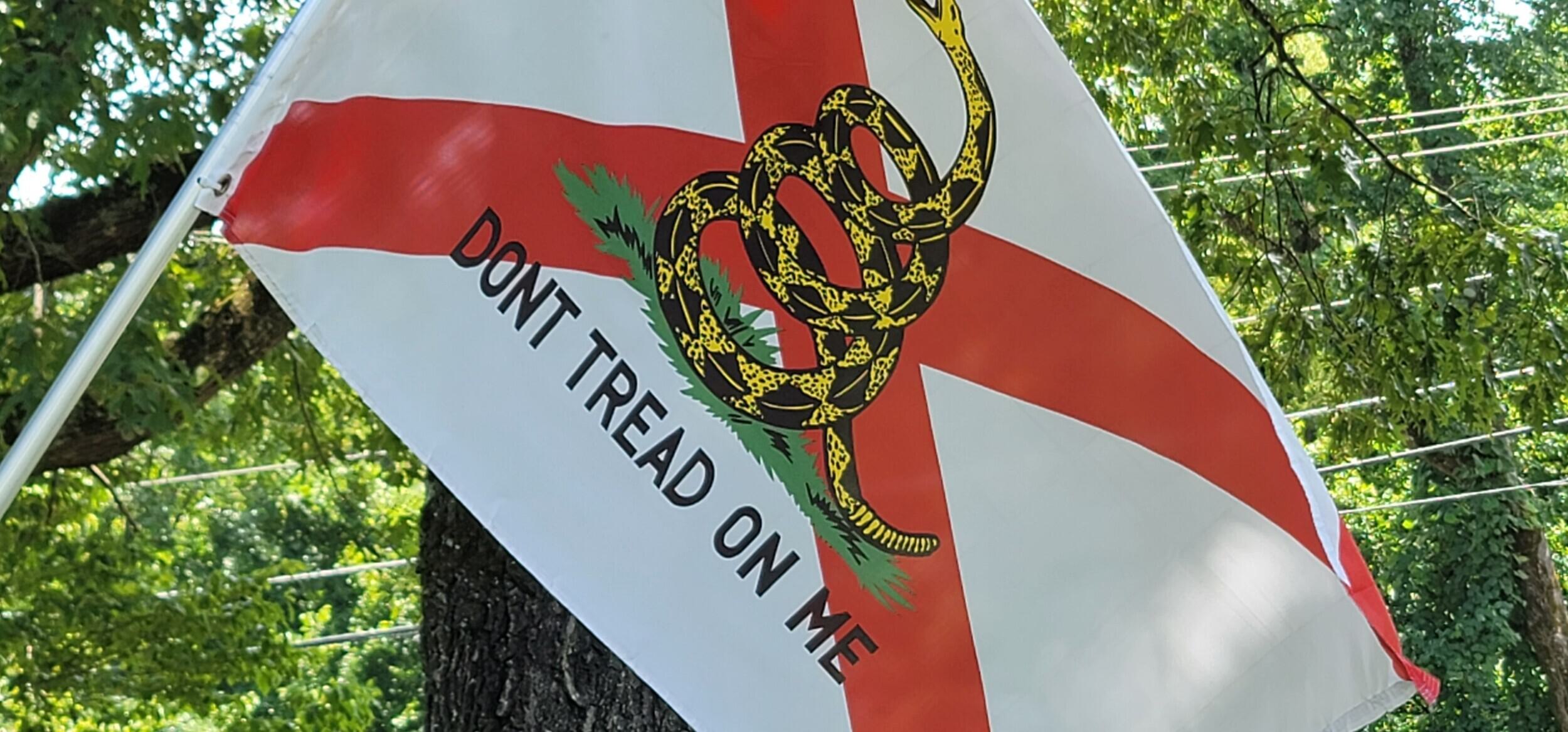America’s third-largest party, the Libertarian Party (LP), will be on the ballot in Alabama in November’s election. The Libertarian Party’s website lists over 60 candidates running for positions across the state.
But what does the word “libertarian” mean?
Libertarianism is a political philosophy. It is not inherently connected to the Libertarian Party. Some self-professed Libertarians are Republicans. Others do not engage in the political system at all.
Wikipedia defines libertarianism simply as “a political philosophy that upholds liberty as a core value.”
According to Libertarianism.org, “Libertarians believe that, in politics, liberty is the most important value. Almost everyone wants freedom for themselves, but a libertarian also seeks to protect and expand the freedom of others.”
Alabamians answer
1819 News asked self-professed libertarians in Alabama what they believe a Libertarian is.
“I would define a Libertarian as anybody that wants to limit government from what it currently is, and that could mean somebody that wants more state’s rights or rights at the municipal level or somebody that wants to … cut back greatly in what the federal government does,” said Joey Clark.
Clark is the host of News and Views on Talk 93.1. He describes himself as a Libertarian.
“Then you would get to the more hardcore answer that a Libertarian is somebody who believes that liberty is the most important value in politics,” Clark said. “Liberty is something we must use as a cornerstone for building whatever we call a free society. That could mean different things to different people, and the cultural divide certainly comes up, but I would put anybody who wants to limit the government and decentralize power in the Libertarian camp.”
Jonathan Realz is a Libertarian Party candidate running for Congress in Alabama’s Second Congressional District. Realz said that a Libertarian is “somebody that believes that the individual owns themselves.
“Your rights do not come from a government,” Realz said. “Sure, a government can help you secure your rights, but at the end of the day, your rights come from humanity, and the government does not have or should not have the power to infringe on your rights.”
Gavin Goodman is the chair of the Libertarian Party of Alabama.
“Libertarianism is the belief in individual liberty and not forcing one’s views on others,” Goodman said.
Protolibertarians
Where does libertarianism come from?
“What it means to be human is to be anarchic,” Clark said. “It doesn’t mean everybody has to be an anarchist and railing against authority, the government or the church, but I think everybody has an inherent freedom and if you think back to those early times that probably aren’t documented, people are fundamentally doing what they think they need to do.”
Clark said libertarianism in the West comes out of “a fusion of the best of the Greek and the best of the Judeo-Christian tradition that at least recognizes the sovereign individual.”
Though libertarianism in the United States is a distinct movement, its roots lie in classical philosophy and Natural Law Theory.
The Ten Commandments, both in Exodus 20:2-17 and Deuteronomy 5:6-21, say “Thou shalt not murder” and “Thou shalt not steal.”
The ancient Greek philosopher Aristotle was one of the first to hold that what is “just by nature” is not always equivalent to what is “just by law.”
St. Augustine of Hippo, a late 4th and early 5th-century bishop and theologian, is famous for saying, “an unjust law is no law at all.”
This laid the groundwork for medieval Catholic theologian St. Thomas Aquinas to formulate a complete theory of Natural Law in the 13th century, which suggested that man is bound to abide by objective moral principles before he is bound to abide by the laws of manmade government.
Though not all Libertarians arrive at libertarianism through Natural Law, and Natural Law can be taken in many different ways, the theory influenced many modern libertarian thinkers such as Rothbard and Judge Andrew Napolitano.
Both Aristotle and Aquinas were also influential to Ayn Rand, who is largely considered an important figure in the modern libertarian movement.
According to The Objective Standard, a website dedicated to Rand’s philosophy, Rand recommended her followers read only three philosophers, which she called “the three As.” They were “Aristotle, Aquinas and Ayn Rand.”
Rand included Aquinas despite her staunch commitment to atheism.
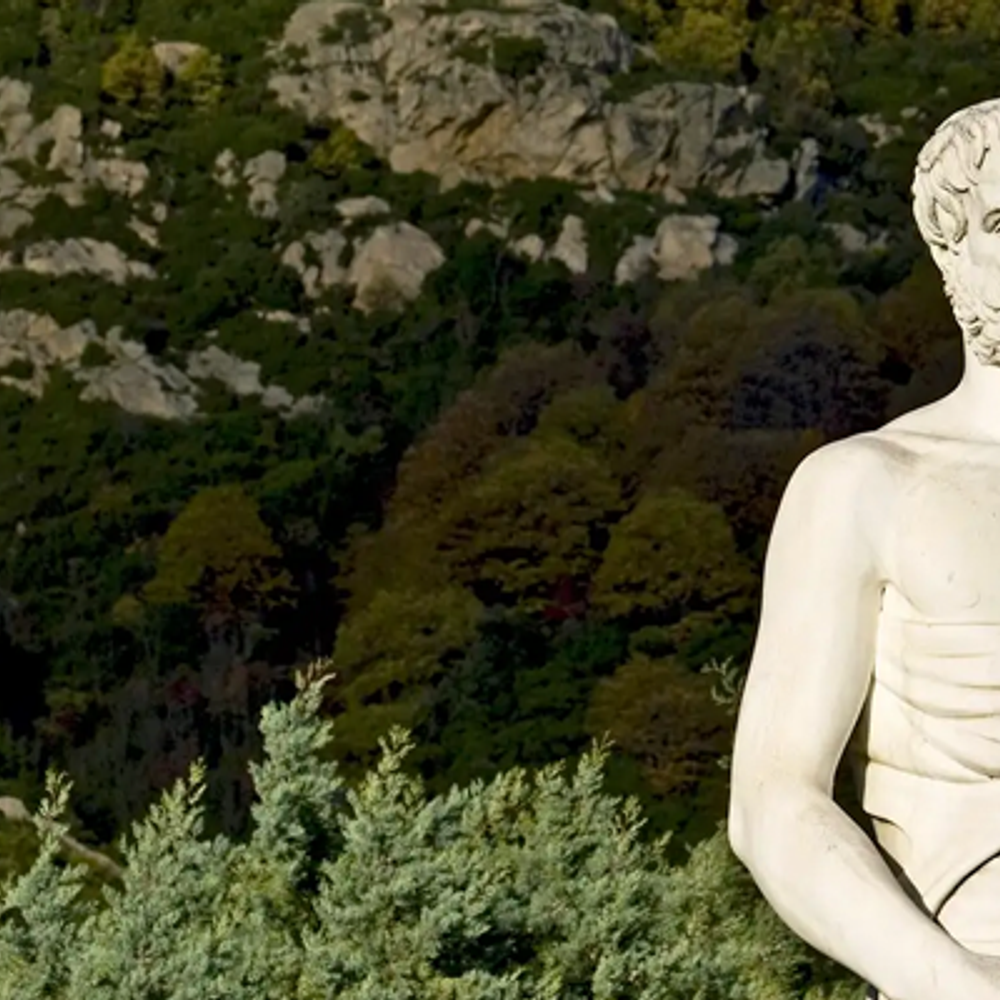
Conceived in liberty
Some say America was founded on Libertarian principles, and the War for Independence was a Libertarian political movement.
“In the United States, I think it [libertarianism] really blossomed,” Clark said. “It was already there. Elements of it were in Greece, elements of it in Rome and there are even elements of it throughout the so-called ‘Dark Ages’ and medieval Europe and the British experience and the British common law, but I think libertarianism really takes its footing in the world stage in the American Revolution.
“... In the Constitution we have, there is throughout, especially in the Bill of Rights, this sense of the sovereign individual who is made in the image and likeness of God."
“[The founding fathers] struggled with giving as many Americans as much liberty as possible,” Goodman said. “And then the balance of what is the role of the government in protecting liberty as well as defending the vital functions of government.”
“Libertarian principles have kind of always been an underlying basis for the United States,” Realz said. “That’s what this country was founded on. It was supposed to be a limited government, not a lot of interaction in your personal life. We fought an entire war over way fewer taxes than what we have now, but here we are, for some reason, very very far away from what this country was founded on.”
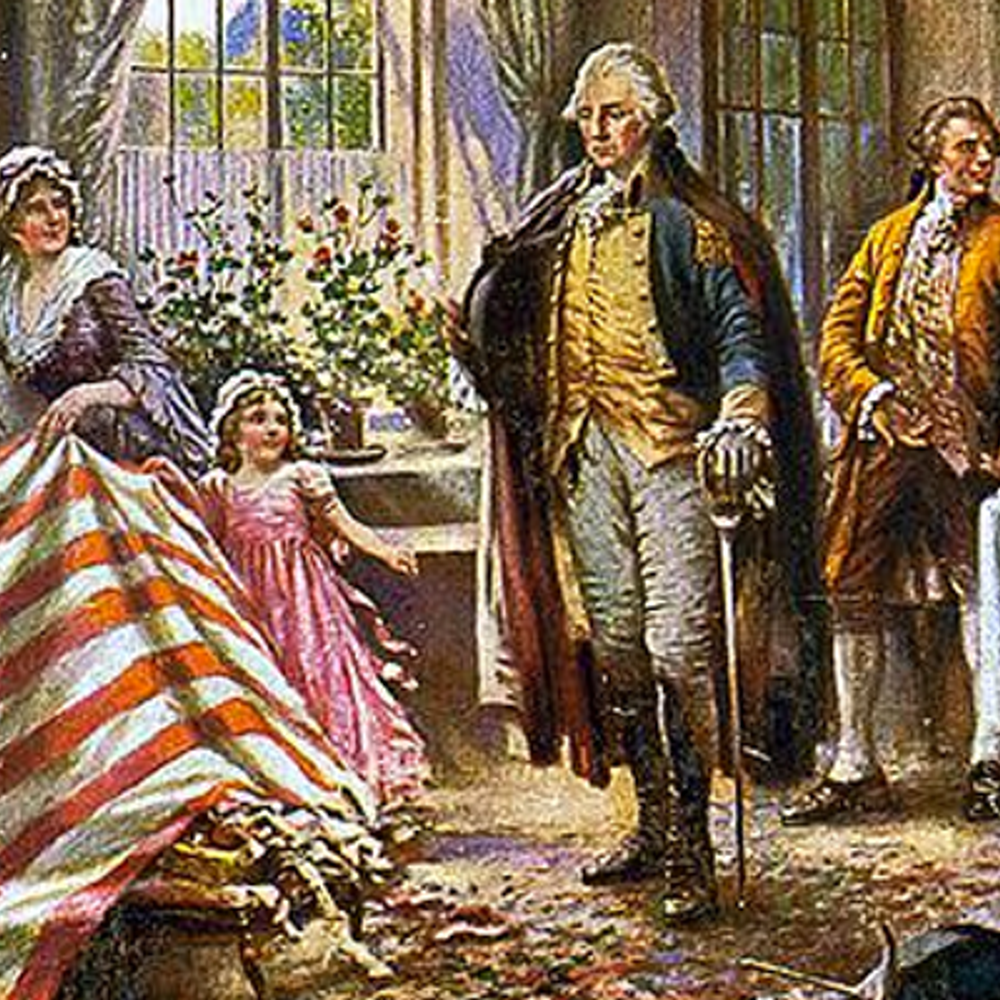
Ludwig von Mises and classical liberalism
One of the earliest figures in the modern libertarian movement was economist Ludwig von Mises. Mises fled from Nazi-occupied Austria to the United States in 1940 and brought with him an economic tradition known as the Austrian school.
The Austrian school of economics originated in Vienna, Austria, in the late 19th and early 20th centuries with Carl Menger and Eugen von Bohm-Bawerk. It relies on a theoretical methodology known as praxiology, which is opposed to mainstream schools of economics that rely on purely empirical methods.
Mises used Austrian economics to argue that government intervention in the economy impedes the accuracy of profit and loss measurements, which entrepreneurs use as signals to direct resources toward their most efficient uses.
Mises believed in classical liberalism, which emphasizes limited government, economic and political freedom and self-determination.
SEE ALSO: Mises Institute welcomes students to Auburn for Mises University, Institute marks 40 years
“[Mises] was such a great man, such an important figure,” said Lew Rockwell, founder of the Mises Institute in Auburn.
Rockwell was Mises’s publisher at Arlington Publishing and was significantly influenced by his political and economic theories.
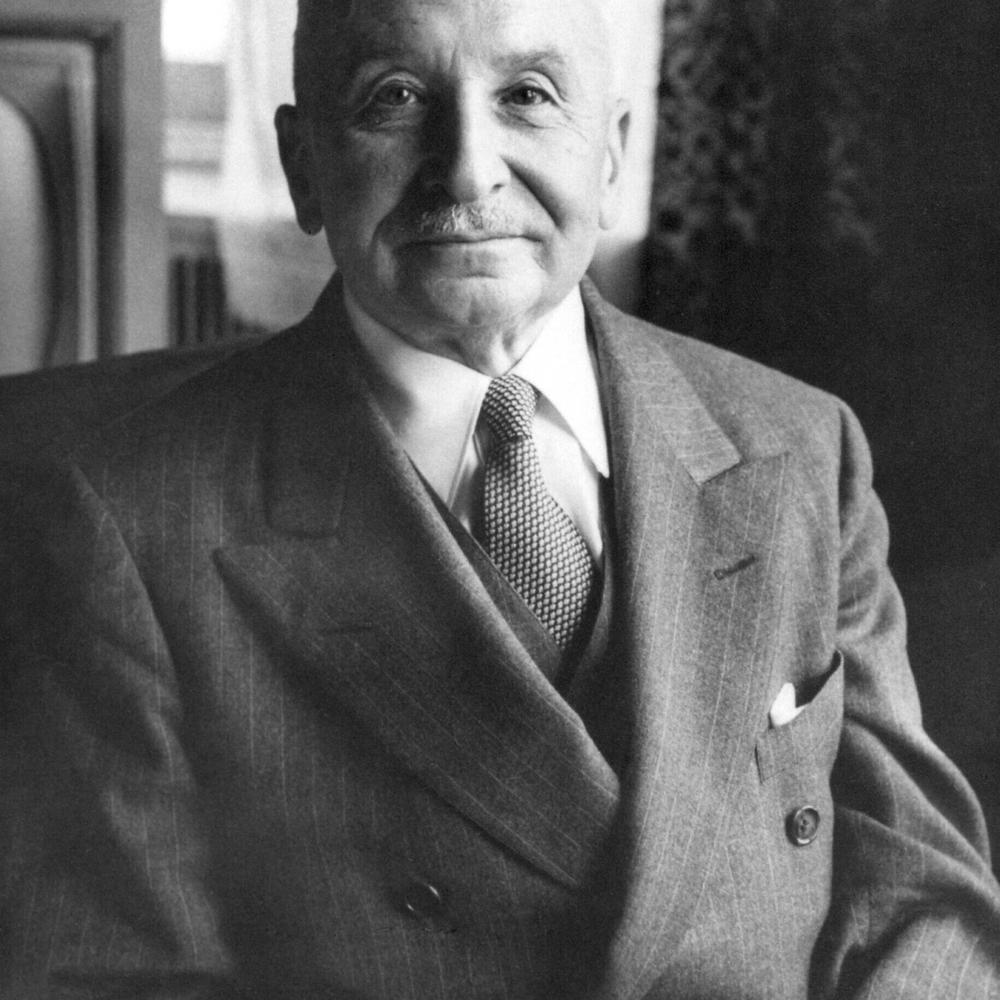
Who is John Galt?: Ayn Rand and “Atlas Shrugged”
Rand, too, fled an authoritarian government. She left the Soviet Union as a girl after the Bolshevik revolution reduced her family to poverty. She published her first novel, “We the Living,” in 1936, a novella, “Anthem,” in 1937 and “The Fountainhead” in 1942.
In 1957, Rand wrote “Atlas Shrugged,” an over 500,000-word dystopian novel about wealthy capitalists escaping socialist bureaucrats and academics to form a society of their own.
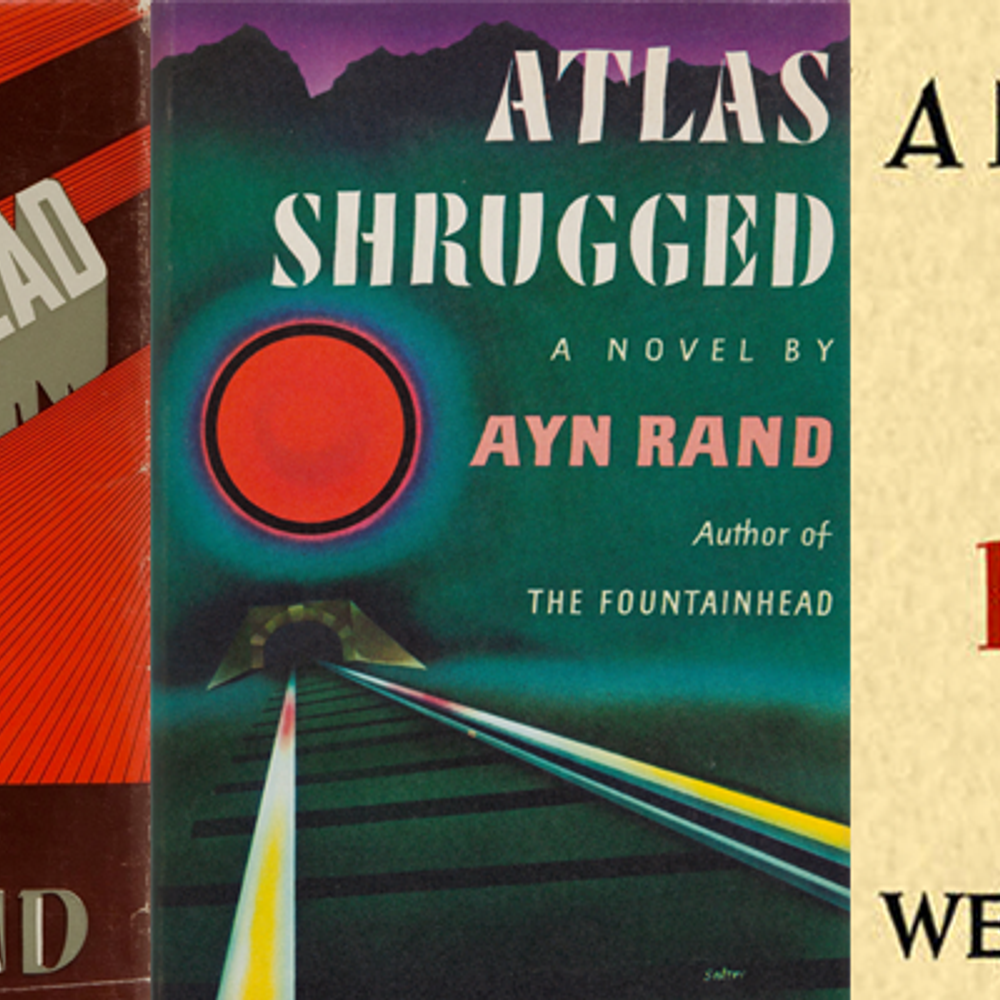
Rand believed that free-market capitalism was not only the most efficient economic system but the only moral one as opposed to socialism, communism and cronyism. This was one of the core tenets of her philosophy, which she called “objectivism.”
Rand was a minarchist, meaning she believed in a “night-watchman state,” a term popularized by another influential Libertarian figure, Robert Nozick. A night-watchmen state is limited to “essential” functions such as police and courts.
Though Rand espoused similar beliefs and was influential in the movement's growth, she did not consider herself a Libertarian. In 1971, she referred to Libertarians as “hippies of the right” and, in later years, was highly critical of the Libertarian Party.
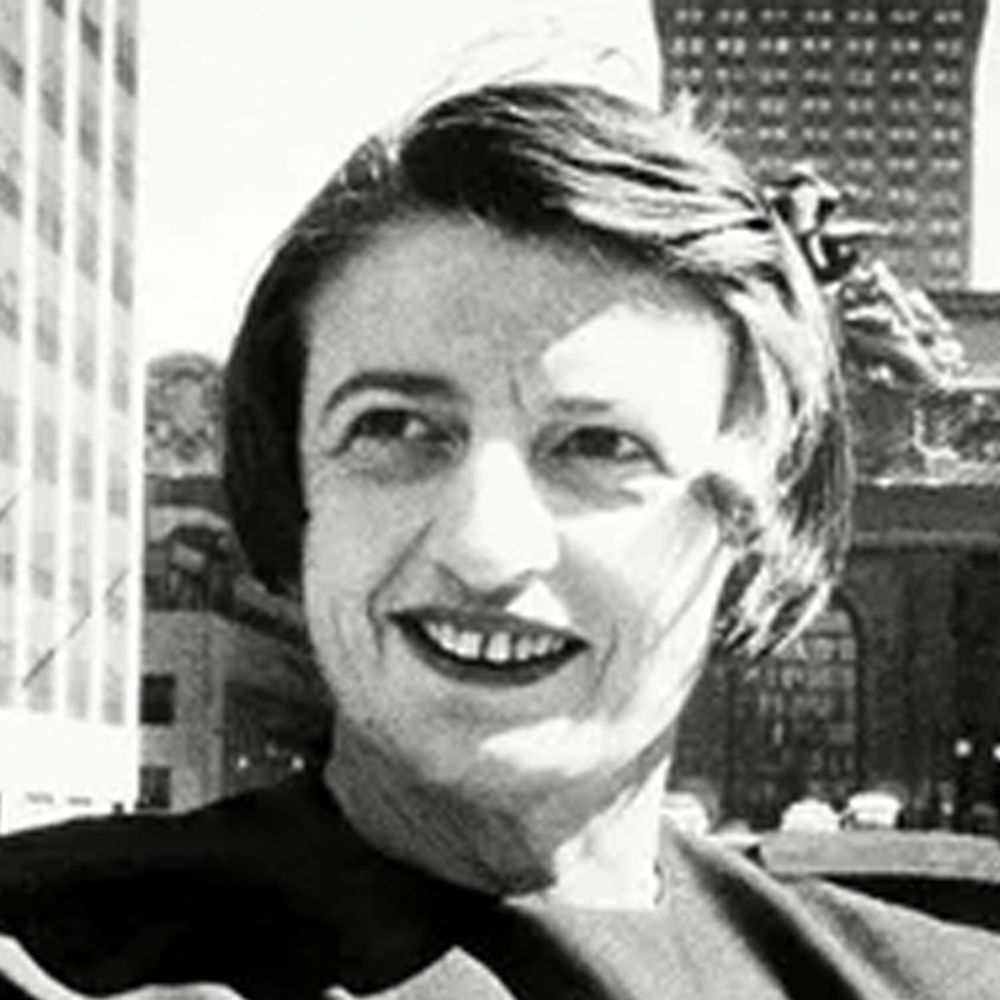
Milton Friedman and the Chicago School
The Austrian school is not the only economic tradition to influence the larger Libertarian movement. Nobel Prize-winning Chicago school economist Milton Friedman brought a Libertarian message to the masses through his books “Capitalism and Freedom” and “Free to Choose.”
The Chicago school is a more mainstream classification of economic thought, though it still largely rejects the economics of John Maynard Keynes, who influenced many of the spendthrift welfare programs in the West during and after the Great Depression.
“Free to Choose,” which Friedman co-wrote with his wife, Rose, was the bestselling nonfiction book of 1980. They produced a 10-part television series of the same name that was broadcasted by the Public Broadcasting Service (PBS) that year.
“Free to Choose” emphasized the interdependent relationship between political and economic freedom and argued that the free market serves all people in society for the better.
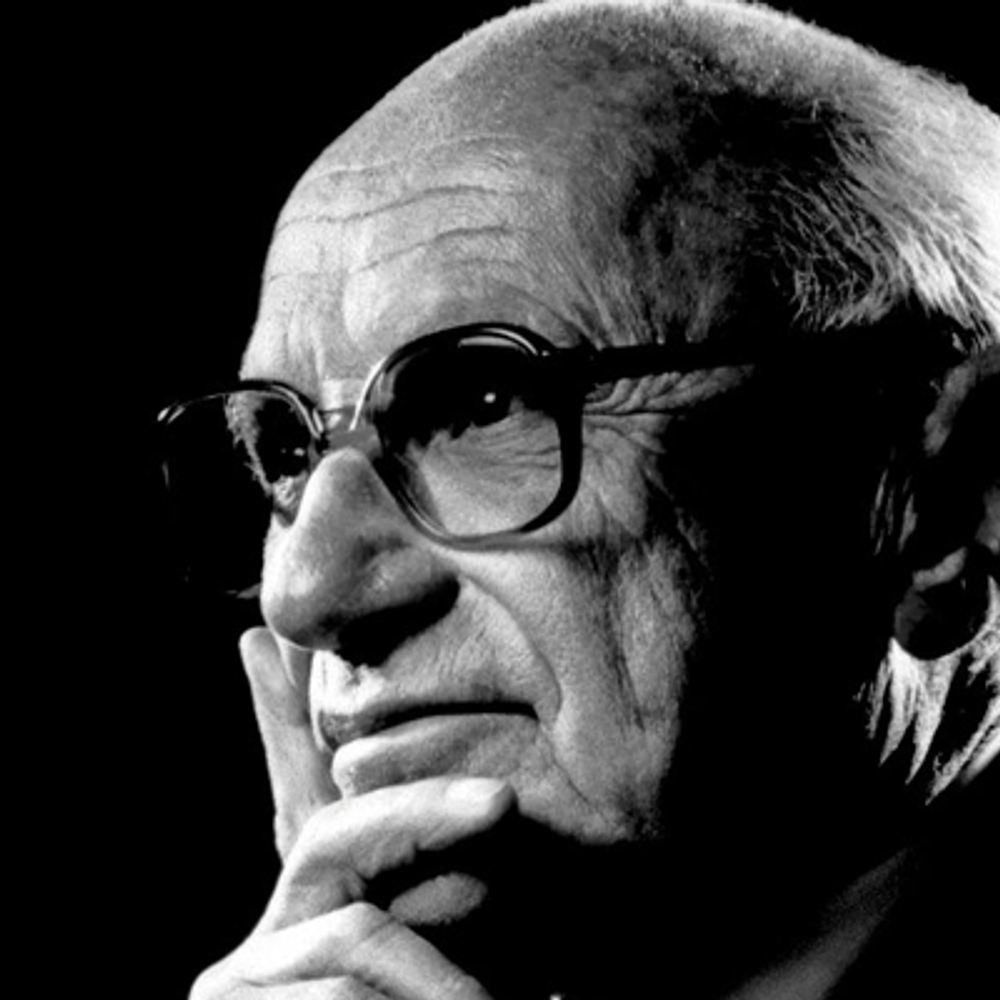
At the University of Chicago, Friedman was the teacher of other influential Libertarian thinkers, including Thomas Sowell. An economist, political commentator and sociologist, Sowell is the author of over 45 books, including “Basic Economics.”
Mises, Rand, Friedman and Sowell were all inspirations to conservative-libertarian economist and commentator Walter E. Williams, according to his autobiography.
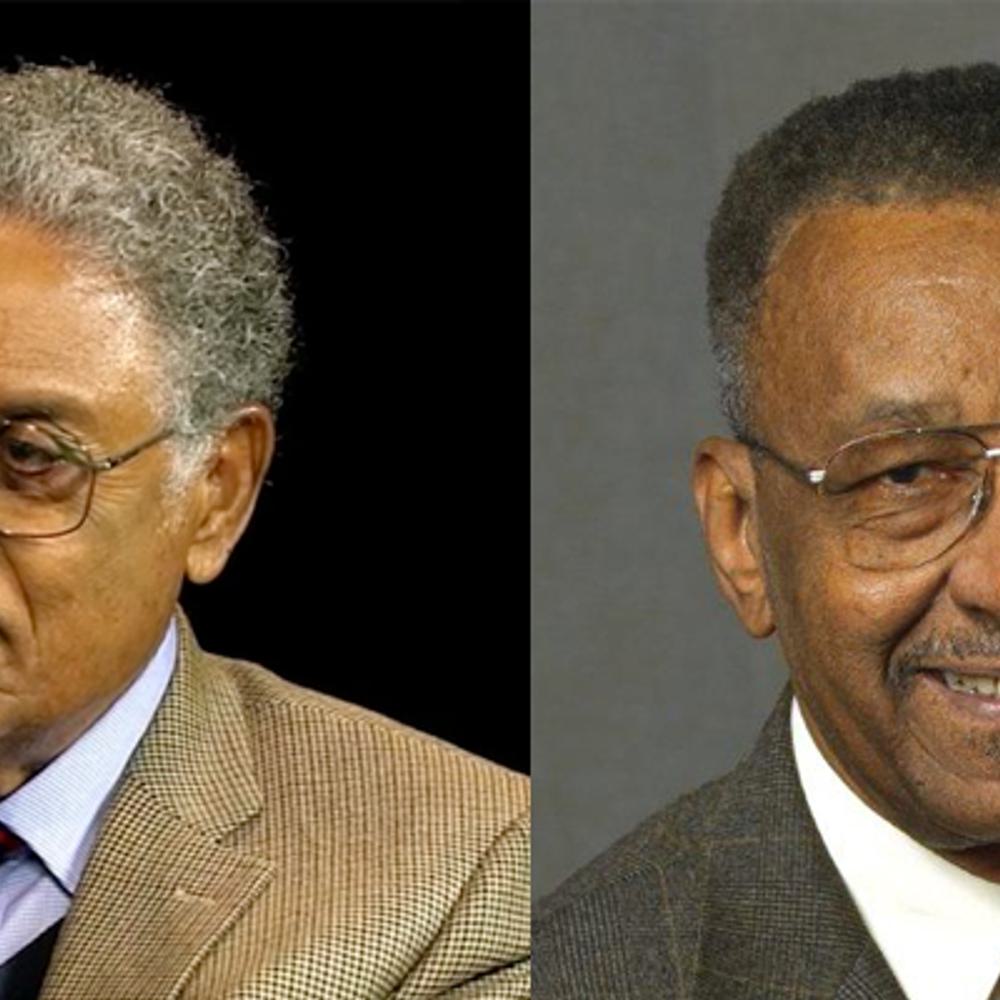
Mr. Libertarian: Murray Rothbard
An acolyte of Mises, Rothbard furthered the development of the Austrian school of economics in the United States.
Rothbard coined the term “anarcho-capitalism” to describe a political philosophy that seeks to abolish involuntary central governments in favor of stateless societies run by private property rules.
In his popular essay, “Anatomy of the State,” Rothbard argues that the phrase “we are the government” is incorrect because majority rule always means the minority is dominated. The minority, then, can’t accurately say that they “are the government,” even in a democracy. He suggests that “the State,” i.e., any institution which imposes a monopoly on violence over a given territory, is rooted in predation.
“Since production must always precede predation, the free market is anterior to the State,” Rothbard wrote. “The State has never been created by a ‘social contract’; it has always been born in conquest and exploitation.”
In 1982, Rothbard helped Rockwell start the Mises Institue, which came to Alabama and is now across the street from Auburn University on West Magnolia Avenue.
Rothbard worked with the left-wing anti-war movement in the mid-20th century but became more friendly to the right before his death in 1995.
Rothbard began calling himself a “paleolibertarian” in 1989 and supported paleoconservative candidate Pat Buchanan for president in 1992. Paleolibertarains are typically culturally conservative libertarians who seek to reduce the power of “the State” through right-wing populism.
“Murray, of course, was extremely important,” Rockwell said. “...He was so brilliant, so funny, so charming. What a great man to work with … I’ll say, I miss him every day … As far as I could tell, he knew everything.”
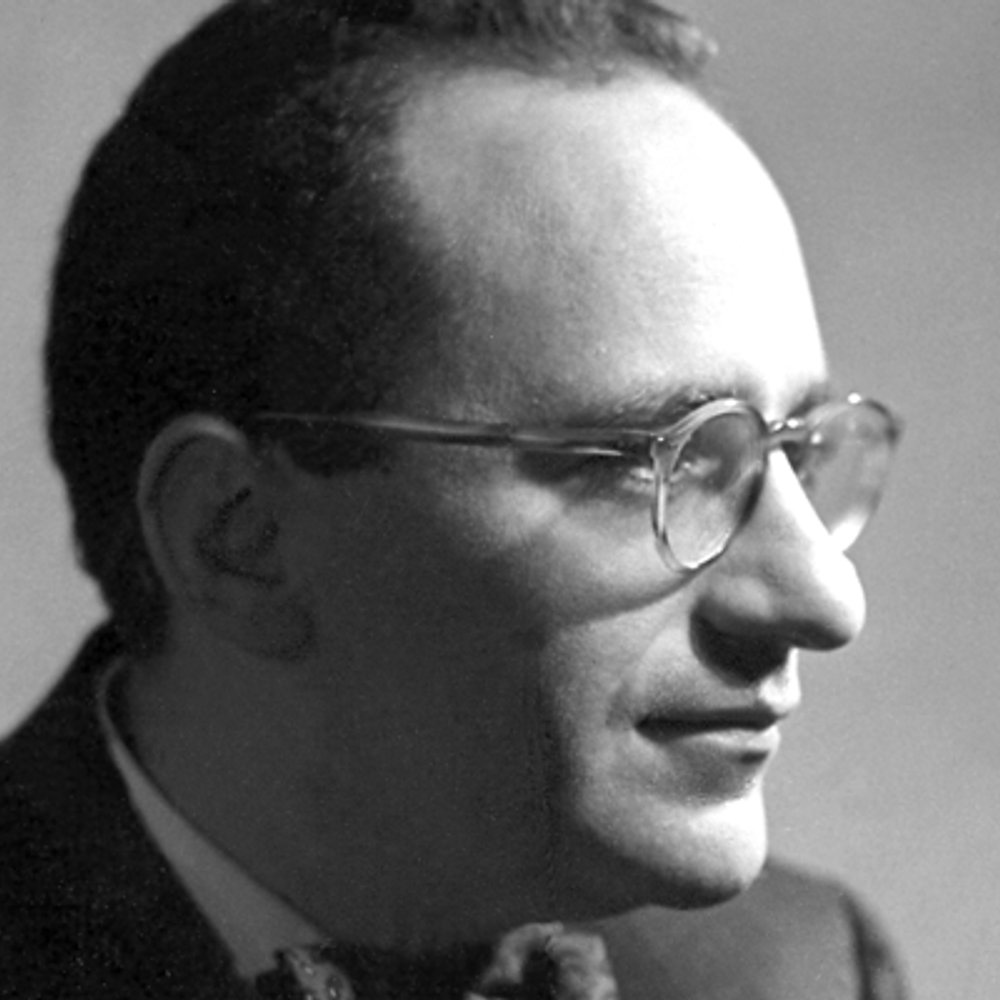
Inter-movement strife
Not all of these figures got along, however. Though Rothbard praised “Atlas Shrugged” after its publication, he conflicted with Rand’s circle over his defense of libertarian anarchism, among other disagreements. He later satirized Rand in an unpublished play, “Mozart Was Red” and an essay titled “The Sociology of the Ayn Rand Cult.”
“[Rand] liked Murray at first, then she felt that he was being a crazy guy and a bad person because his wife was Christian,” Rockwell said.
Rothbard and Friedman maintained a friendly relationship until the early 1960s. Friedman recommended Rothbard for a post at the University of Chicago in 1956 but later clashed with Rothbard over his book, “America’s Great Depression.” Rothbard wrote an essay in 1971 titled “Milton Friedman Unraveled,” describing Friedman as “the Establishment’s Court Libertarian.”
The Ron Paul Revolution
Ron Paul ran for president as a Libertarian in 1988 and as a Republican in 2008 and 2012. Though he failed to receive the Republican nomination twice, Paul’s campaign and his participation in the GOP debates sparked a grassroots movement that introduced millennials to libertarianism.
The movement is often referred to as the “Ron Paul Revolution.”
“Chances are, any young libertarian you meet today will tell you that their chief influence in becoming a libertarian was Ron Paul,” Dan Sanchez wrote in the Mises Wire in 2012. “Ron Paul has swelled the ranks of the liberty movement to a greater extent than perhaps any other individual in history. If that's not success, I don't know what is.”
Paul served as a U.S. Representative from Texas from 1976 to 1977, 1979 to 1985 and from 1997 to 2013. He is a self-described constitutionalist and was an outspoken critic throughout his political career of the Federal Reserve, the USA PATRIOT Act, the war on drugs and the war on terror.
Today, Paul lives in Lake Jackson, Texas, where he maintains “The Ron Paul Liberty Report” podcast with co-host Daniel McAdams. His son, Rand, has been serving as a U.S. Senator from Kentucky since 2011 as a Republican.
“[Paul] is so important,” Rockwell said. “... He started reading Austrian economics when he was in medical school… He ran three times for president, each time bringing a [much] more massive group of people on his side. He’s a great speaker. He’s a very great man.”
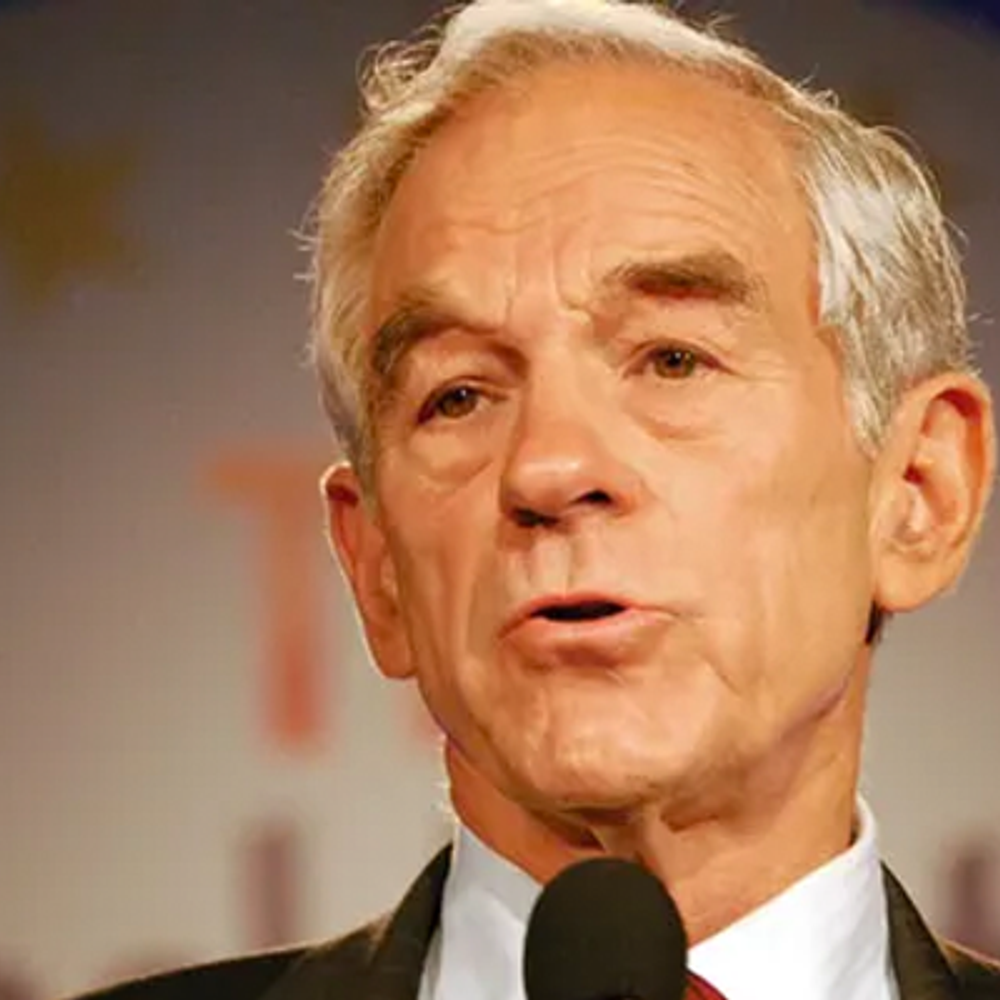
The Libertarian Party
The LP first convened in August 1971 at the home of David F. Nolan in Westminster, Colorado. It was officially created that December in Colorado Springs. The party founders were inspired by Rothbard’s writings and formed in part due to concerns about President Richard Nixon, the Vietnam War and the end of the gold standard.
Goodman said the first motto of the LP was “There ain’t no such thing as a free lunch” or “TANSTAAFL,” which comes from Robert Heinlein's “The Moon is a Harsh Mistress,” a science fiction novel about a libertarian rebellion on the moon.
The LP’s first presidential candidate was John Hospers. Hospers was once a friend of Rand, but she broke ties with him after he criticized her epistemological beliefs.
According to Rockwell, Rothbard initially opposed the LP, but eventually joined.
Rothbard was active in the LP in the 70s and 80s but left in 1989 after allying with Rockwell and Paul for Paul’s failed 1988 run for president as a Libertarian.
Today, the LP has 320 Libertarians holding elected office nationwide, according to its website. It remains the third largest political party in the United States by voter registration.
In 2020, Justin Amash became the first and only Libertarian candidate in U.S. Congress after he left the Republican Party in the middle of his term. He did not run for reelection in 2021.
To connect with the author of this story, or to comment, email will.blakely@1819news.com or find him on Twitter and Facebook.
Don’t miss out! Subscribe to our newsletter and get our top stories every weekday morning.


